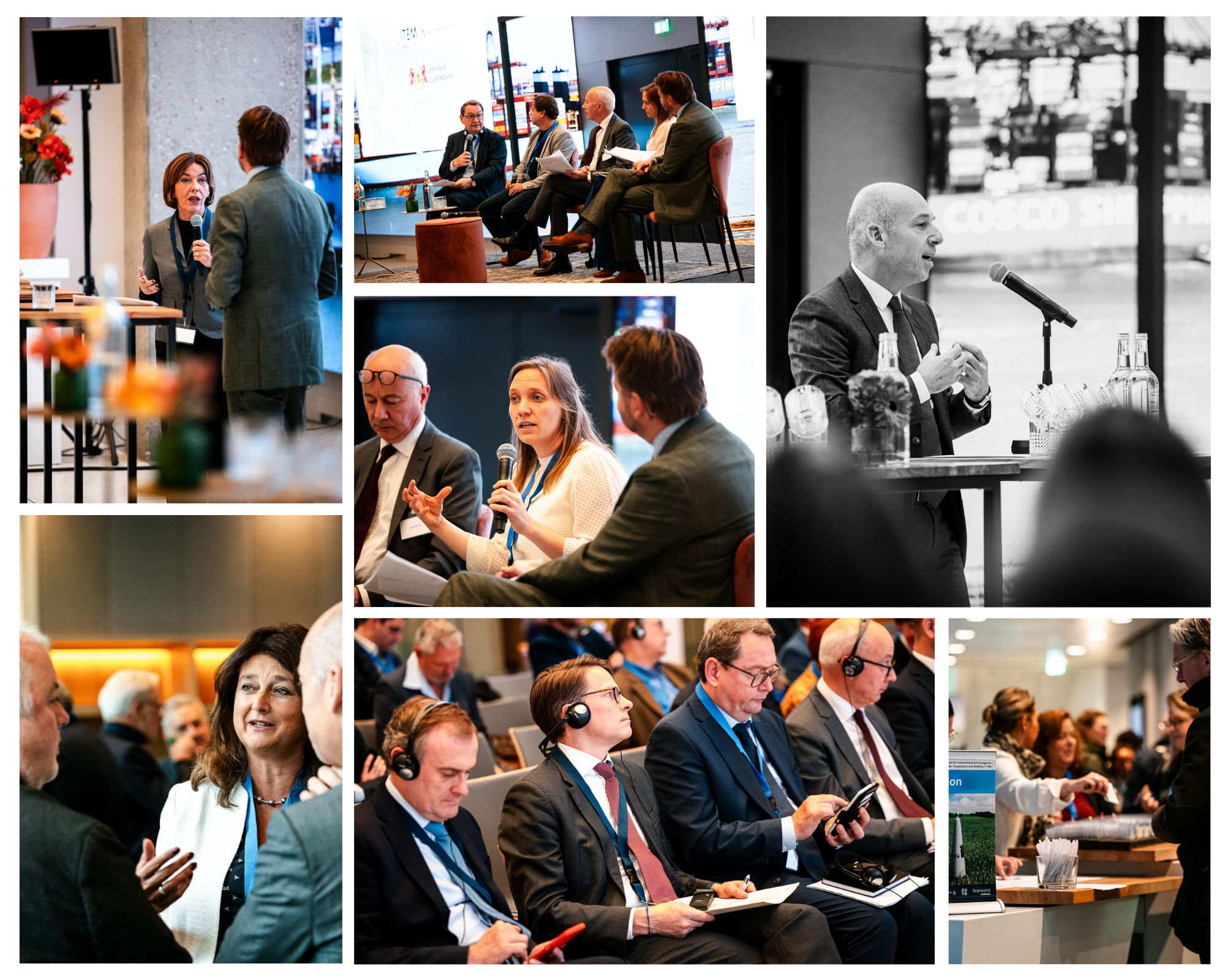ERC Starting Grant for Anna Beckers on CHAINLAW
The faculty welcomes the excellent news that our colleague Anna Beckers has been awarded a prestigious ERC Starting Grant for her research project on "CHAINLAW, Responsive Law for Global Value Chains". We would like to congratulate Anna Beckers!
What is the CHAINLAW project about?
CHAINLAW will develop a novel legal language for Global Value Chains (GVCs). GVCs are the interconnected trade structures that underlie the production of commodities and offering of services. While GVCs have been intensively theorised in the social sciences, they are largely unknown as legal categories. This is highly problematic when the law is starting to legislate or decide cases about supply-chain responsibility.
Objectives of CHAINLAW
The CHAINLAW project aims to develop appropriate concepts to allow law to understand GVCs and to normatively regulate them. To grasp the phenomena of GVCs, CHAINLAW (a) employs a novel theoretical lens that allows GVCs to be portrayed as a socio-economic structure being linked to the three central socio-economic institutions of hierarchy, markets and relations, (b) proposes a multi-disciplinary analysis on the law that underlies GVCs that integrates doctrine, documents, and data as three different layers of regulation, and (c) develops concrete normative legal proposals for regulatory intervention into GVCs and responsive liability models.
Related to this year's ERC Grant
Four hundred eight researchers have won this year’s European Research Council (ERC) Starting Grants. The funding is worth in total €636 million and part of the Horizon Europe programme. It will help excellent younger scientists, who have 2 to 7 years’ experience after their PhDs, to launch their own projects, form their teams and pursue their most promising ideas.
The laureates of this grant competition proposed to carry out their projects at universities and research centres in 26 countries across Europe, mostly in Germany (81 projects), UK (70), Netherlands (40) and France (39). There are nationals of 46 countries among the winners of this call, notably Germans (70 researchers), Italians (41), Israeli (30) and Dutch (28). This call for proposals attracted nearly 3,000 proposals, which were reviewed by panels of renowned researchers from around the world.
https://erc.europa.eu/news-events/news/starting-grants-2022-call-results
Also read
-
How can and should the government respond to the current low participation in the national immunization programme? Can certain forms of coercion be justified? The book Inducing Immunity? Justifying Immunisation Policies in Times of Vaccine Hesitancy provides answers.
-
On Friday 17 November 2023, the ITEM annual conference was held at the county hall in The Hague, focusing on the theme of mobility and infrastructure. The joint finding was that much remains to be done to raise awareness of the necessary priority, to deploy (existing) instruments and the possibility...
-
In their current election campaigns, almost all political parties stress that ‘every region matters’. Party manifestos are full of plans to promote broad prosperity in all regions of the Netherlands. Broad prosperity comprises not only material wealth, but also well-being, including issues such as...


